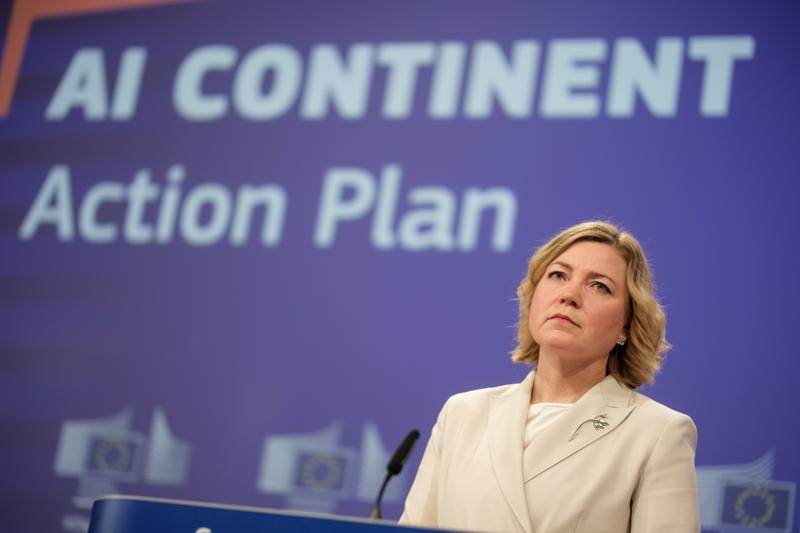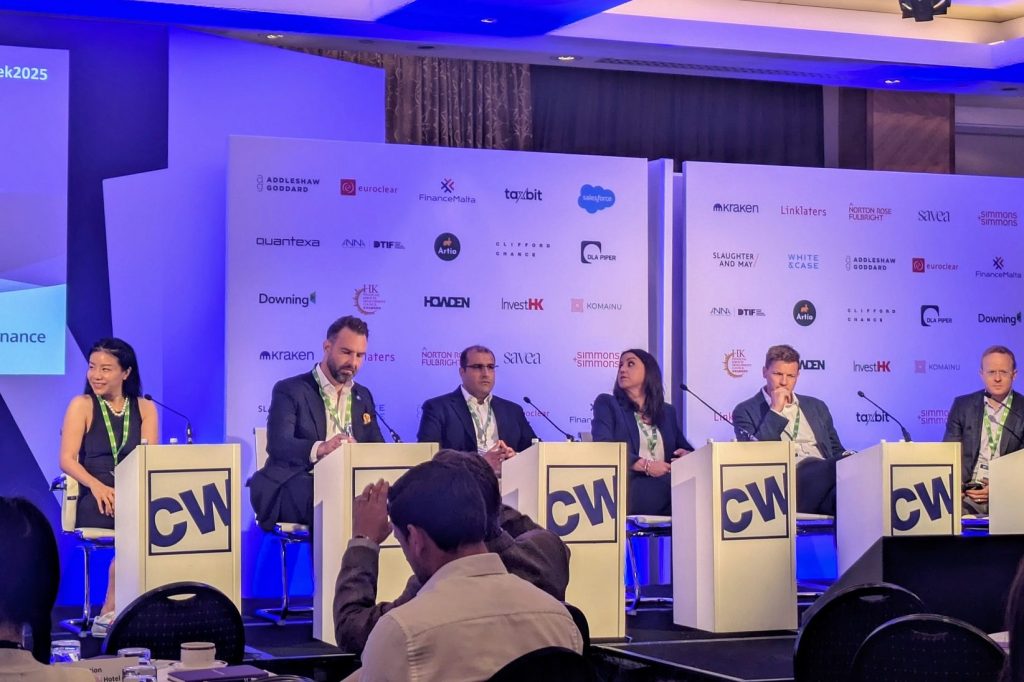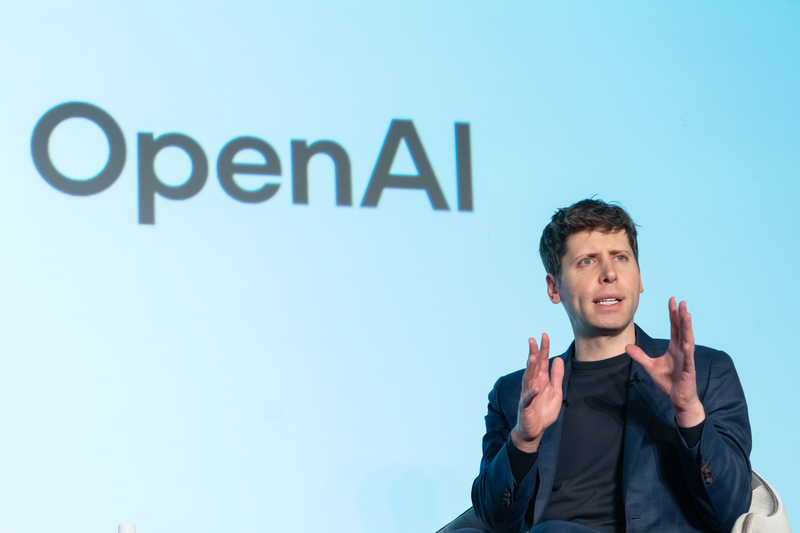OpenAI, one of the world’s largest artificial intelligence firms and the creator of ChatGPT, has decided to maintain its non-profit status, whilst making a minor structural change to its for-profit unit.
In a statement, the firm said the executive board made the decision “after hearing from civic leaders and engaging in constructive dialogue with the offices of the Attorney General of Delaware and the Attorney General of California.”
The statement also confirmed the firm’s for-profit unit will transform into a Public Benefit Corporation (PBC), but will remain under the control of the non-profit arm.
In a detailed letter to employees and stakeholders, OpenAI co-founder and CEO Sam Altman said the restructuring of the for-profit unit was necessary in order to generate the billions of dollars in investment needed for the non-profit arm to continue developing artificial general intelligence (AGI).
“And as the PBC grows, the nonprofit’s resources will grow, so it can do even more,” Altman said, insisting that the change will help the firm “make rapid, safe progress and to put great AI in the hands of everyone.”
Plans to transform into a fully for-profit corporation were met with harsh criticism, especially from co-founder Elon Musk who left OpenAI in 2018 after disagreements with Altman. Musk has brought a lawsuit against OpenAI, arguing that the plan to turn into a for-profit corporation means it is abandoning its founding mission of serving humanity.
A hearing was scheduled for March 2026, and Musk’s lawyers have confirmed they will continue with the lawsuit despite OpenAI ditching plans to become a for-profit company.
Simplified structure
Altman’s main argument, both at the time of announcing plans to transform into a for-profit company and in his latest letter to employees and stakeholders, is that the firm needs a simpler structure and business model to operate at currency capacity.
He has repeatedly said that, at the time of launching OpenAI, he and other co-founders did not have a clear idea of how the firm will operate, what it will achieve, how its products will be used and, most importantly, what business model it will follow in order to generate the funds it needed.
“We want to be able to operate and get resources in such a way that we can make our services broadly available to all of humanity, which currently requires hundreds of billions of dollars and may eventually require trillions of dollars,” Altman has reminded investors and employees.
But that argument has not stopped Musk from accusing the company of “backtracking on its mission to serve humanity” by abandoning its non-profit origins.
OpenAI has rejected the allegation and said Musk was simply jealous of the fact that the firm had succeeded without him, and that he couldn’t achieve total control over it.
The disagreement has now turned into an all-out feud between two of the Silicon Valley’s most successful entrepreneurs, a so-called rivalry of brains and billions, given the huge amounts of investments in and the overall valuation of the firm.
OpenAI has faced other challenges in recent months, the most important being the the arrival of DeepSeek on the AI scene, a comparatively cheaper Chinese rival to ChatGPT which has made investors question the figures OpenAI is seeking in investment.
But it has not stopped OpenAI from drawing huge investments, with recent reports confirming the firm was talking to potential investors about a $40 billion funding round.

















